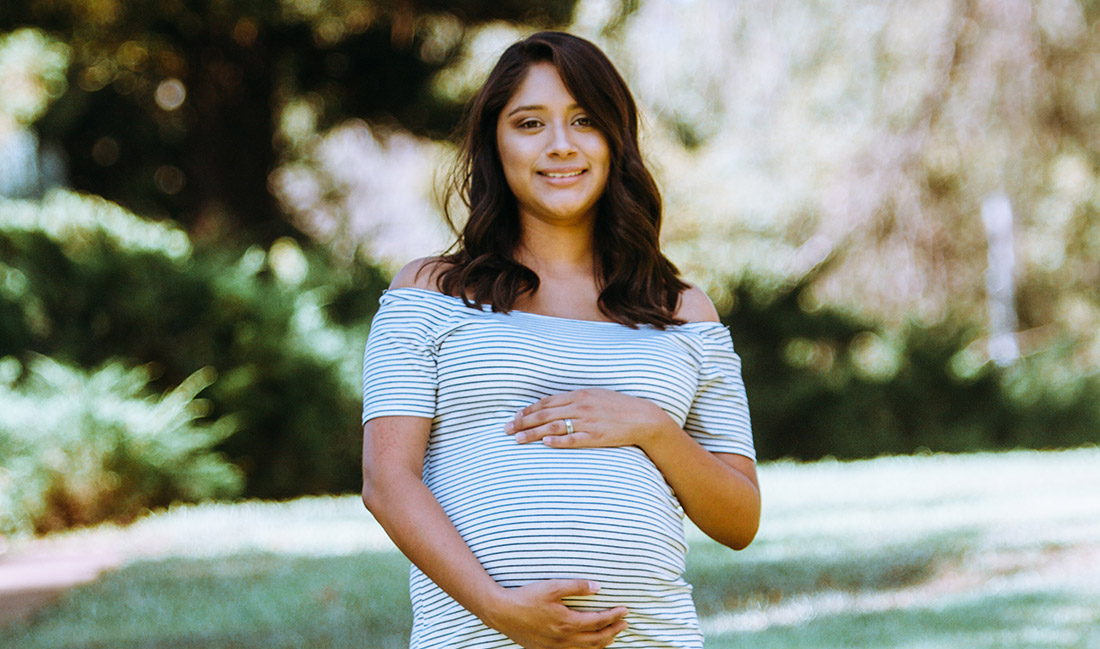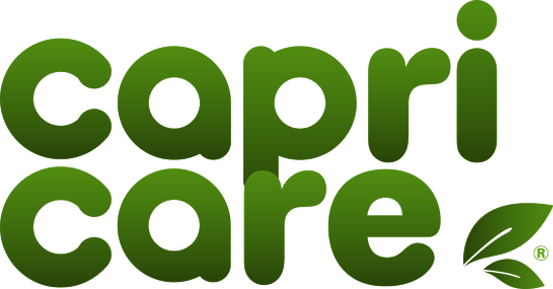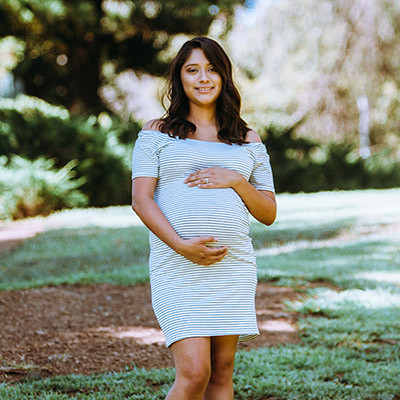Your body will change a lot over your nine month pregnancy, but the most magical transformation will come from your little one inside your womb. It takes about 40 weeks to create new life and this is broken up into three, 12-week trimesters. Each trimester comes with new changes and developments in your baby, which you will want to keep track of as your due date nears.
First Trimester (0 to 13 Weeks)
This first trimester sees changes in both you and your baby. This is one of the most important times for your baby, as they will start to develop body structure and organ systems. The changes to your body might cause a few unwanted symptoms such as frequent urination, breast tenderness, nausea and fatigue. These are usual pregnancy symptoms, but every woman has a different experience. While some may feel an increase in energy levels during this period, others may feel very tired and emotional.
Your baby starts to develop:
- Facial features
- Eyes
- Ears
- Nasal passage
- Arms
- Legs
- Hair follicles
- Mouth
- Taste buds
The second trimester (14 to 26 Weeks)
This is also known as the “golden period” because those unpleasant effects of early pregnancy disappear. Bring on better sleep patterns and increased energy levels! Okay, it’s not all smooth sailing. You may experience some back and abdominal pain, leg cramp, heartburn and constipation. But it’s all worth it when somewhere between 16 and 20 weeks you may feel your baby’s first fluttering movements. At the end of 24 weeks your baby is about 25 centimeters long and weighs about half a kilogram. Your baby is regularly sleeping and waking, they might be awakened by noises or your movements.
 Your baby’s development:
Your baby’s development:
- Ears begin to stand out on the sides of their head. Your baby might begin to hear your voice and heartbeat
- Eyes are beginning to face forward
- Digestive system has started working
- Liver and pancreas become stronger
- Lungs develop
Third Trimester (27 to 40 Weeks)
It’s the final stretch, literally.
Physical symptoms you might notice include shortness of breath, hemorrhoids, varicose veins and sleeping problems. These symptoms arise from the increase in the size of your uterus, which expands from approximately 60 grams before pregnancy to 1 kilogram at the time of birth. Between 31 and 34 weeks after conception, your baby begins preparing for birth and gradually moves into a head-down position. Your baby will grow rapidly over the final weeks and you may notice less movement. Don’t panic if your baby doesn’t move as often. Since they are getting bigger every day, they don’t have as much room to move around! But if you have concerns, don’t hesitate to contact your doctor. Week 40! Your baby is ready for life outside of the womb. You’re close to delivering the baby when labor contractions intensify and occur every five minutes.
Your baby’s development:
- Open eyes
- Gain more weight
- Prepare for delivery
- Detect bright lights
- Lungs fully develop
- More hair growth
- Toenails and fingernails
- Firm grasp

